| | | | | | Current and Former FLPC Student Highlights Students and interns published on FLPC's blog: - New Frontiers in Homemade Food by Amy Hoover, FLPC summer 2018 intern
- Healthy Kids, Healthy Learning Symposium in Navajo Nation by Amy Hoover, FLPC summer 2018 intern
- FLPC Presents to Attendees of the Delta Regional Forum Conference Population Health, Development, and Entrepreneurial Problem Solving by Kyla Kaplan and Tess Pocock, FLPC summer 2018 interns
- Diversified Agricultural Economies In The Senate Farm Bill by Tess Pocock, FLPC summer 2018 intern
- Food Access, Nutrition And Public Health In The Senate Farm Bill by Kyla Kaplan, FLPC summer 2018 intern
- Productivity And Risk Management In The Senate Farm Bill by Amy Hoover, FLPC summer 2018 intern
Congratulations to former FLPC senior clinical fellow Ona Balkus on her new position as Food Policy Director within the Office of Planning for the Office of the Mayor, Washington, D.C. The Food Policy Director, along with the Food Policy Council, were launched by Mayor Bowser in 2015 to improve food access, equity, and economy for all in the District. As the Food Policy Director, Ona will further Mayor Bowser's Sustainable DC plan, which defines the District's goals for food policy. In the Sustainable DC Plan, Mayor Bowser committed to increasing the amount of land in the District under agricultural use; ensuring that District residents live within a quarter mile of a grocery store, community garden, farmers' market, or a health corner store; and strengthening the local food economy around the District. | | | | | | | | | | | | 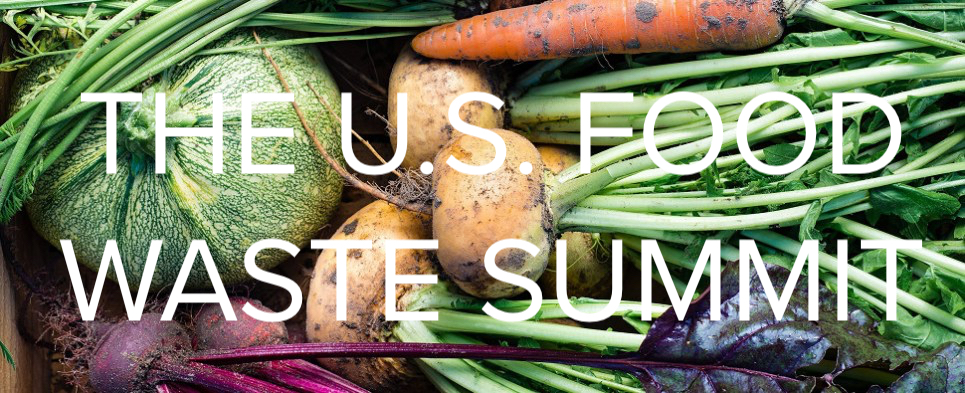 | The U.S. Food Waste Summit, co-hosted by FLPC and ReFED in June 2018, convened hundreds of leading food businesses, policymakers, innovators, investors, foundations, and nonprofits to explore emerging opportunities for food waste prevention, recovery, and recycling. Couldn't make it? | | | | 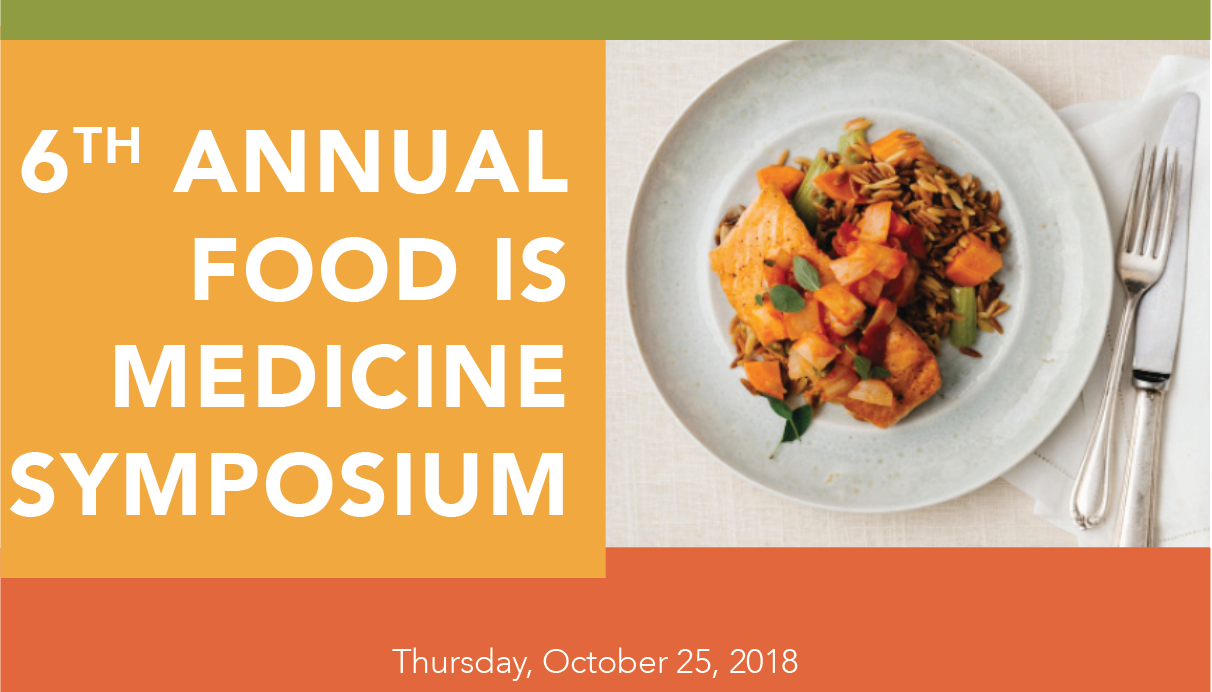 | The Center for Health Law and Policy Innovation of Harvard Law School, the Harvard Food Law and Policy Clinic, and Community Servings hosted the sixth annual Food is Medicine Symposium at Harvard Law School. The symposium included the presentation of initial data and results from the first-in-the-nation Food is Medicine statewide plan, took an in-depth look at newly published research demonstrating that medically tailored meals are proven to reduce healthcare costs and improve outcomes for individuals with complex illnesses, and included a facilitated discussion with leading area physicians on the implications of this new research and data in light of reforms to the Massachusetts Medicaid system. | | | |  | On October 5, the Academy of Food Law and Policy (AFLP) co-hosted its inaugural conference at Harvard Law School with FLPC to create a foundation for the long-term stability of the field. The conference welcomed over 40 attendees from 20 states and four international institutions and featured a series of workshops, moderator-led discussion groups, and a lunchtime panel led by AFLP past and current Board Members. The conference connected the Food Law and Policy community and highlighted parameters of the field through group-driven discussion of scholarship, teaching, and growth of the AFLP. | | | | | Apply for FLPC's Summer Internship Program 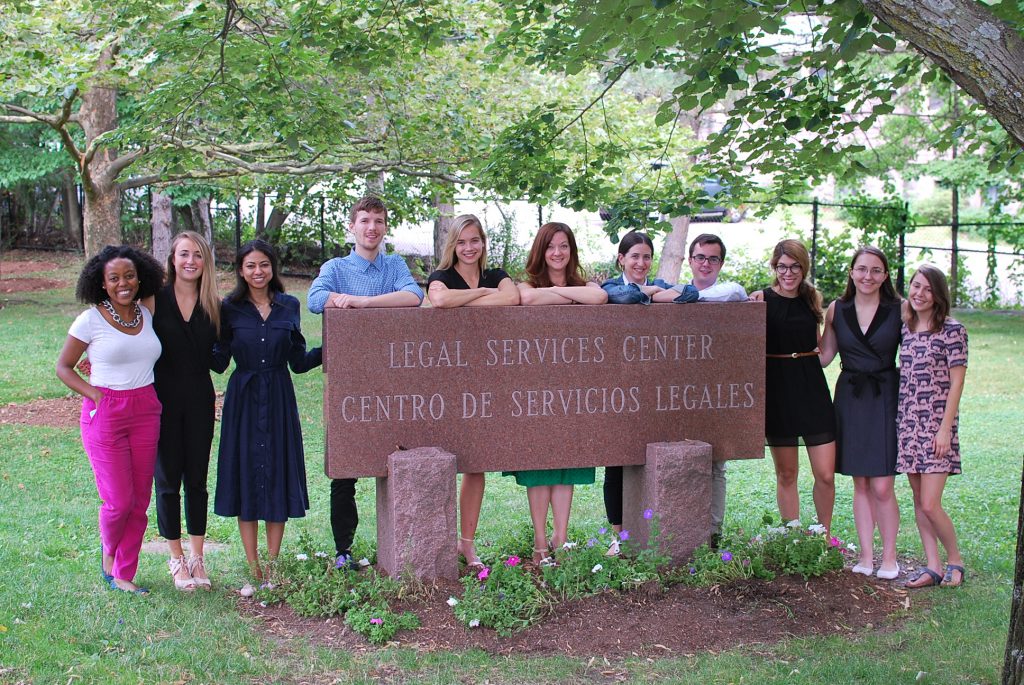 Join the Harvard Law School Food Law and Policy Clinic this summer for our 10-week long program! Join the Harvard Law School Food Law and Policy Clinic this summer for our 10-week long program! FLPC's summer interns have the unique opportunity to engage in action-based learning to gain a deeper understanding of the complex challenges facing our current food system. Interns get hands-on experience conducting legal and policy research for individuals, community groups, and government agencies on a wide range of food law and policy issues, and are challenged to develop creative legal and policy solutions to pressing food issues, applying their knowledge from the law school classroom to real-world situations. Learn more and apply online. | | | | Career Opportunities in Food Law and Policy | | | | | | | | | | 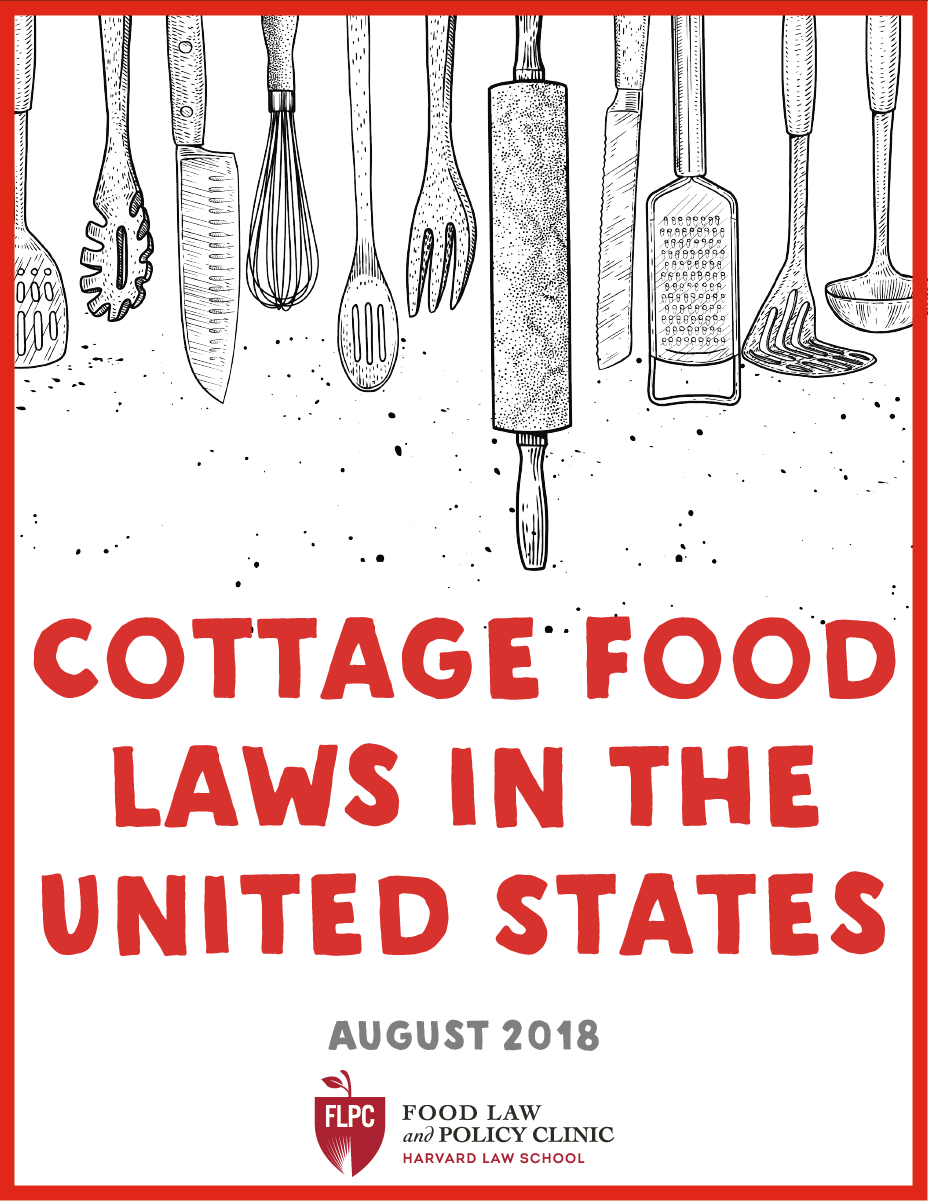 | Cottage Food Laws in the United States Report
Building on its 2013 report, FLPC's 2018 update examines trends in cottage food laws and provides recommendations to strengthen these laws that allow food entrepreneurs to sell their homemade foods. Cottage Food Laws in the United States offers a primer on cottage food laws and their function in our state and federal food safety systems. It also includes recommendations to strengthen cottage food laws, such as making cottage food laws easier for producers to find and to understand, lowering barriers to entry, and broadening the types, venues, and scope of cottage food sales in ways that allow local food businesses to thrive while protecting food safety. The updated 2018 report also includes a detailed appendix that documents and explains the cottage food laws in every state and shares citations and links to state materials. This resource provides a starting point for producers and anyone curious about cottage foods to locate information that is often scattered across statutes, regulations, and guidance documents in each state. | | | | | | | | 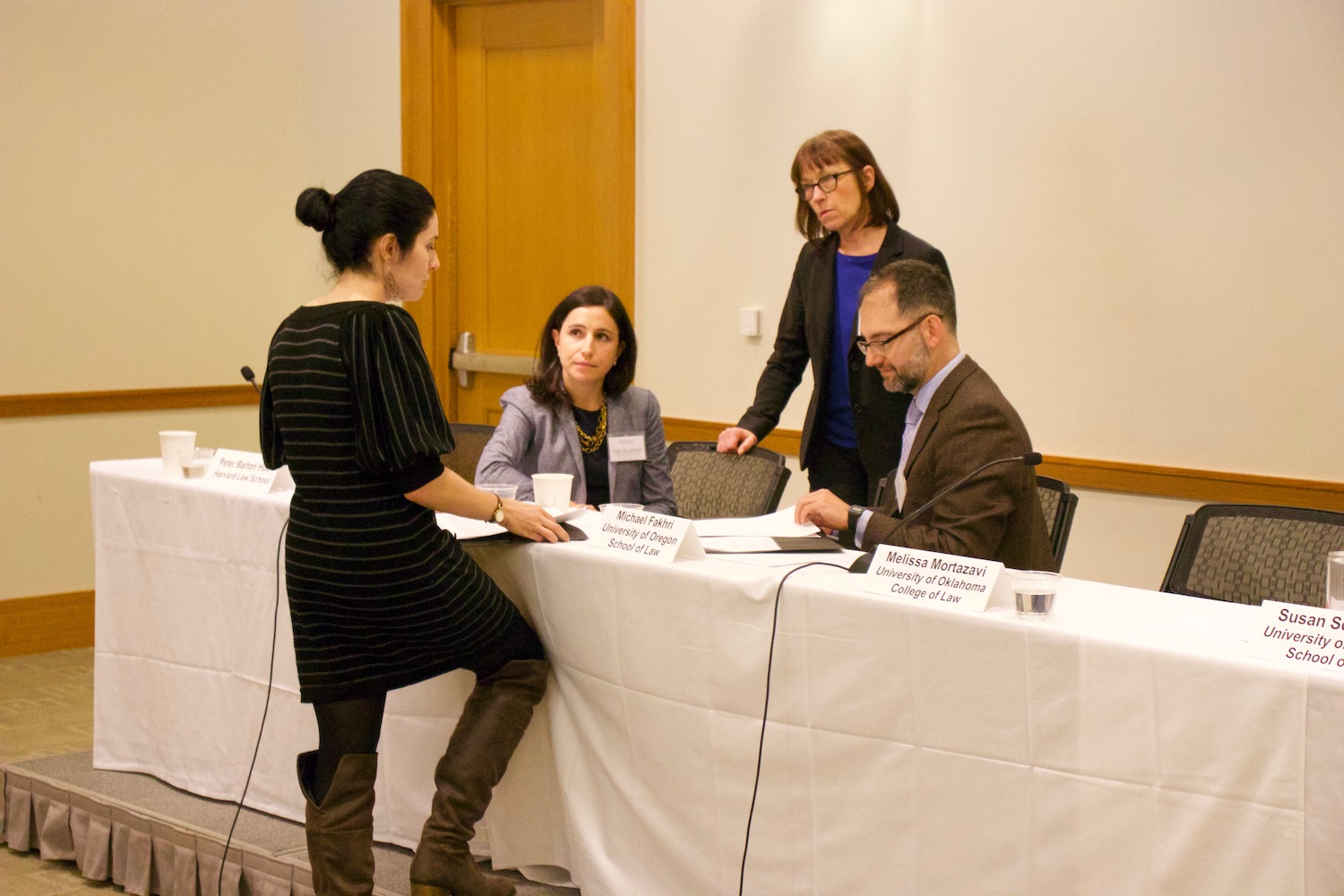 | FLPC Director and AFLP Co-Chair Emily Broad Leib chats with AFLP Co-Chair Susan Schneider and board members Michael Fakhri and Melissa Mortazavi. | | | 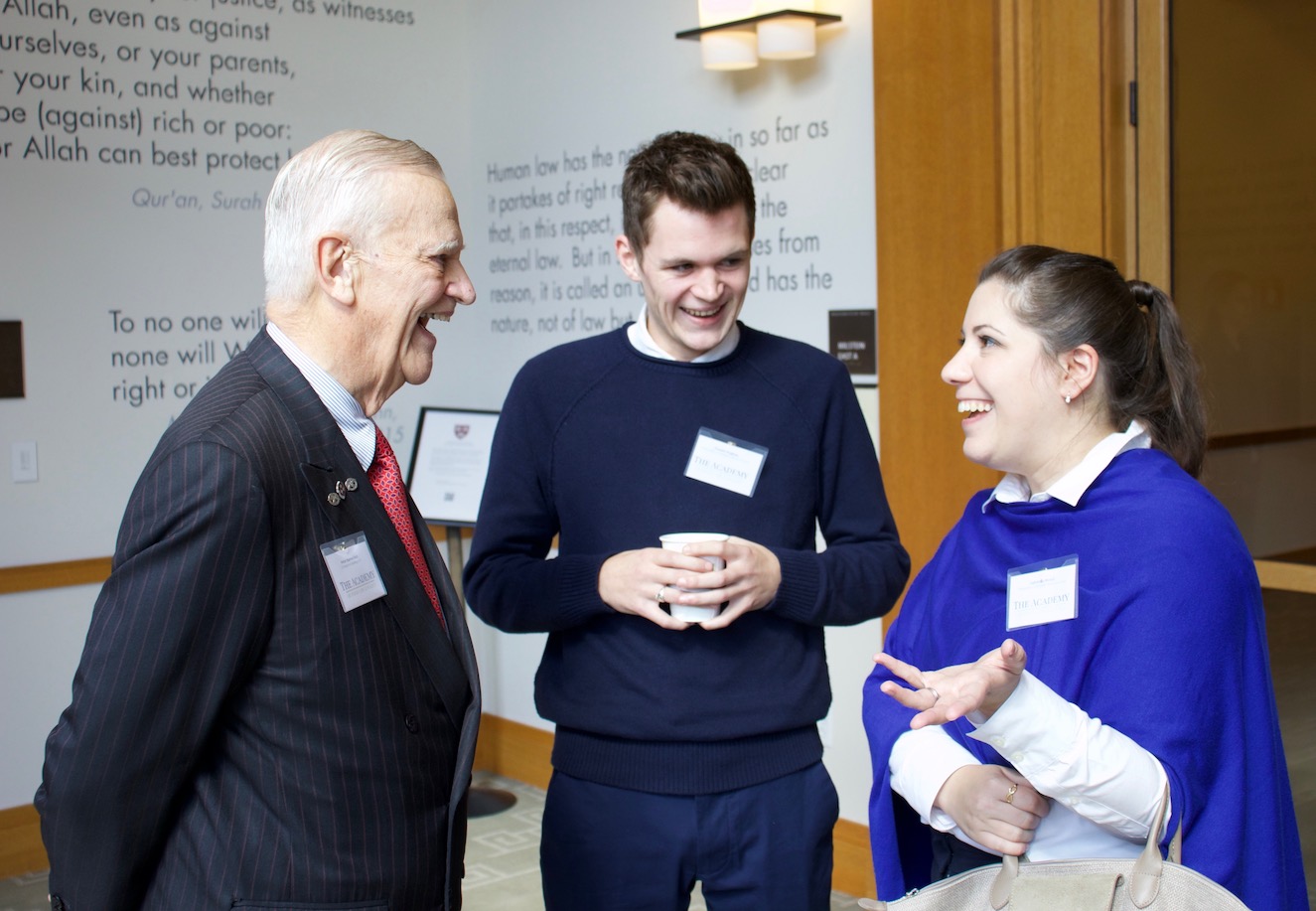 | HLS Professor Peter Barton Hutt chats with AFLP member Gabriela Steier and conference attendee Donald Buglass. | | | | | | The Harvard Law School Food Law and Policy Clinic (FLPC) is an experiential learning program of Harvard Law School devoted to educating students about the laws and policies structuring the food system while providing opportunities to work hands-on with clients and partners in this field. Learn more about FLPC. | | | | | | | |